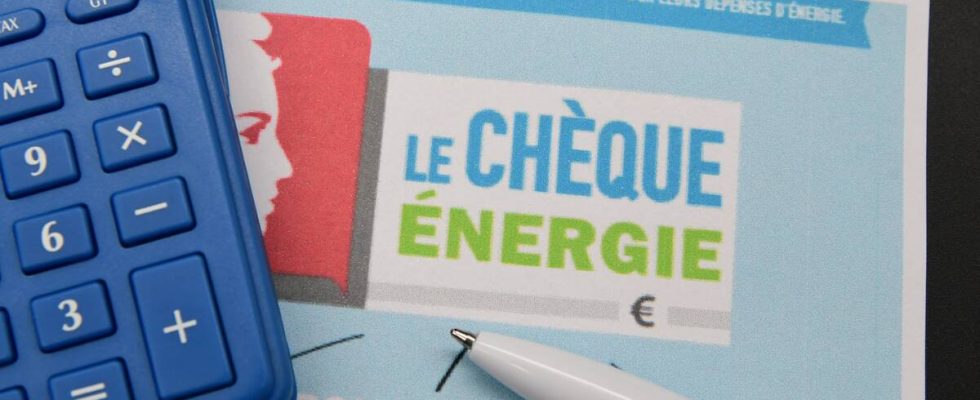Like a letter in the mail, the government launched, on Tuesday April 2, the now well-established campaign on energy checks. This aid paid under means conditions to low-income households makes it possible to pay part of the bills for electricity, gas, or another type of heating (as well as certain renovation work). Little new thing in 2024: this aid will make it possible to pay “heating charges” in HLM (and no longer just the electricity or gas bill). Around 5.6 million households, or 20% of French households, will receive this aid, according to a schedule established by region, throughout the month of April. Like every year, the promise is simple: the households concerned have nothing to do, except to have completed their tax return. The check is sent automatically. This is the whole strength of the system.
“Administrative failure”
However this year, a large part of the beneficiaries risk being left by the side of the road. Unlike previous editions, the list of households concerned has not been updated for the 2024 campaign. This is due to the elimination of the housing tax at the end of 2022 which made it possible to provide information on household housing. In February, several associations (CLCV, Afoc, Rural Families, Cnafal, UFC-Que Choisir, Unaf, etc.) have stepped up to the plate to denounce this “administrative failure” which risks excluding nearly a million beneficiaries of the system. Because according to Bercy, “every year, there are around a million households entering and exiting the energy check system”. As a result, this year, new beneficiaries will no longer be identified automatically. And those who should have left the system will continue to receive their check.
A first version of the draft decree planned to list the beneficiaries taking into account the reference tax income for 2021 and the housing tax on January 1, 2022. In other words, to take the list from the 2023 energy check campaign. “This made consumer associations react, but also the National Federation of Granting and Governed Communities (FNCCR), knowing that the deletion of the file linked to the housing tax has been known for a long time,” explains Violaine Lanneau, general secretary of FNCCR services. Once the affair was made public, Bruno Le Maire had to intervene to correct the situation. On C to you on France 5, the tenant of Bercy – something rare – welcomed the position taken by the associations and recognized the hiccup. “Effectively, for a certain number of technical reasons, people who have a very low level of income – they can be students, they can be people who work part-time, they can be small retirees – […] are not going to receive this check”, he admitted on February 5. To remedy this, the minister promised “a complaints system”. And assured: “There will be no losers.”
“We can legitimately be concerned about the non-recourse rate”
At the same time, the million or so people who should no longer have benefited from this aid will receive it, without any reimbursement being asked of them. At Parisian, Bercy estimated the “extra cost” to 100 million euros. After this episode, the government revised its copy. A new version of the draft decree provides an avenue of appeal for injured households, upon presentation of their 2022 reference tax income and the composition of the household as of January 1, 2023. “Households will be able to make their request on a dedicated site. It will not be opened before the end of the automatic sending of energy checks. therefore not before May, specifies the ministry. We are far from solidarity at the source.
“We can legitimately be concerned about the non-recourse rate,” says Françoise Thiebault, general secretary of the Secular Family Associations of Paris and member of the Higher Energy Council. And to specify: “The exceptional checks for fuel oil (put in place at the end of 2022) for example were to concern 1.6 million beneficiaries. Only 314,000 people had requested it and 91% actually used it.” “When the system is on demand, it never works and it is the associations, local elected officials and social workers who will have to take responsibility for it,” agrees Violaine Lanneau. Especially since the current information campaign on the energy check remains silent on the subject for the moment. “The application window is currently being developed,” replies Bercy. The new version of the draft decree, amended by the associations (in particular on the possibility of sending a complaint on paper), is still being examined by the Council of State.

